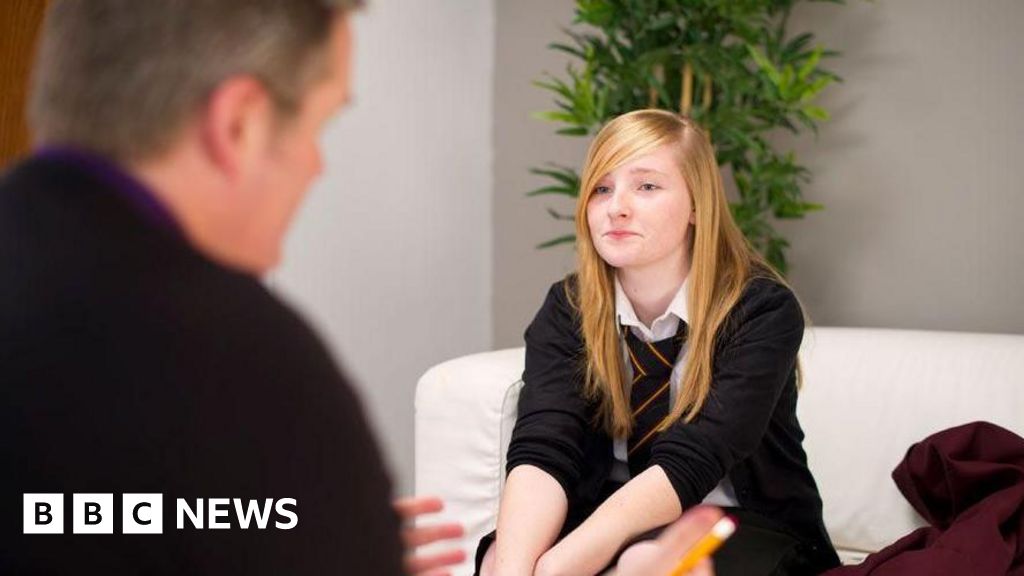ARTICLE AD BOX
Image source, Getty Images
A new report by MPs has put the government's decision-making during the coronavirus pandemic under the spotlight.
It's led to fresh calls for an independent public inquiry to begin straight away - but the government says it will not start before the spring.
What have MPs said?
The report, by the Health and Social Care Committee and the Science and Technology Committee, says the late lockdown in the early stages of the pandemic is "one of the most important public health failures the United Kingdom has ever experienced".
It also describes the start of the NHS Test and Trace system as "slow, uncertain and often chaotic", although it also highlights the success of the vaccination programme.
The MPs' report, which predominantly focuses on the response to the pandemic in England, is nothing to do with the official public inquiry, which will have a different remit and format.
What do we know about the upcoming public inquiry?
In May, the prime minister announced that he intended to launch an inquiry into the pandemic in the first half of 2022.
He told MPs a delay was necessary to avoid putting too much stress on the NHS, advisers and government while there was the risk of a winter surge later this year.
The exact aims and remit - known as the terms of reference - will be announced closer to the start of the inquiry next year.
This is partly to allow time for the UK government to work with the devolved administrations in Scotland, Wales and Northern Ireland on the scope.
Image source, Getty Images
Image caption, The inquiry will look at some of the key decisions taken by the government during the Covid pandemicWhat is a public inquiry?
The job of a public inquiry is to respond to "public concern" about a particular event or set of events - such as the pandemic.
According to a leading specialist lawyer, it must ask three questions:
- What happened?
- Why did it happen and who is to blame?
- What can be done to prevent it happening again?
An inquiry has the power to make people appear as witnesses, and to provide documentation and material evidence.
At the end, the inquiry usually draws up a report and makes recommendations to the government.
Previous high-profile public inquiries have included investigations into the UK's role in the Iraq war, the events of Bloody Sunday in Northern Ireland and the phone-hacking scandal.
Who will lead the Covid inquiry?
Boris Johnson has promised the chair of the inquiry will be appointed by Christmas.
Ministers can appoint whoever they like to lead an inquiry but they must be independent from the government.
Judges are often used but sometimes other experts are chosen.
Whether the chair is a judge or not does not affect the legal powers of the inquiry.
Image source, Getty Images
Image caption, The Grenfell Tower Inquiry was launched in September 2017Who will give evidence?
The chair can call whoever they want - whether they are witnesses to an event or people with a particular expertise.
Failing to turn up to evidence sessions or provide documents without a reasonable excuse is a criminal offence under the 2005 Inquiries Act.
In England and Wales, it can lead to a sentence of up to 51 weeks in prison.
Will the Covid inquiry be broadcast live?
Unless there are good reasons to hold sessions behind closed doors, it is likely most evidence sessions will be on TV and online. The prime minister confirmed that evidence will be given "in public, under oath".
The Leveson Inquiry into practices of the press - set up following the phone-hacking scandal - heard evidence from well-known figures such as Piers Morgan, Hugh Grant and Rupert Murdoch.
Some evidence sessions during the inquiry into the Iraq war were held in private either due to national security concerns or protect the identity of witnesses.
Image source, Reuters
Image caption, Hugh Grant gave evidence to the Leveson Inquiry in 2011How common are public inquires?
There are 10 currently under way - these include inquiries into the Grenfell Fire and the Manchester Arena bombing, as well as wider topics such as undercover policing and child sexual abuse.
It is up to the government whether to launch an inquiry.
According to legislation passed in 2005, ministers can set one up if they think "particular events have caused, or are capable of causing, public concern", or if "there is public concern that particular events may have occurred".
How long does an inquiry take?
There is no time limit on how long inquiries can last but they often take years to complete. This is partly because of the huge amount of evidence that needs to be read.
The Chilcot Inquiry, which looked at the Iraq War, was published in 2016, seven years after it started taking evidence, while the Bloody Sunday inquiry took 12 years.
Dame Deidre Hine, who authored a review into the swine flu pandemic, told the BBC, "Looking at what will have to be the terms of reference and the ground it (the inquiry) has to cover, I can't see it reporting in less than two to three years."

 3 years ago
89
3 years ago
89








 English (US) ·
English (US) ·